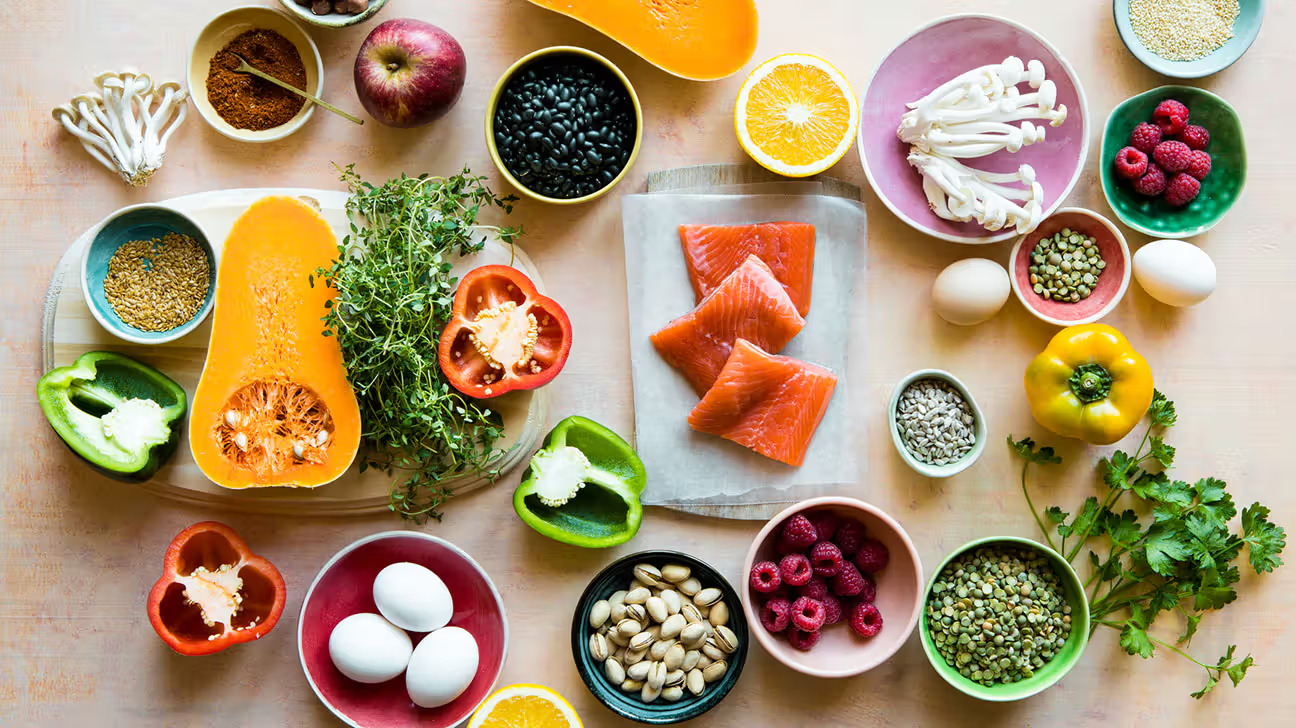A time when healthcare providers across the country focus on helping patients optimize nutrition for better health. At the Trios Hyperbaric and Wound Care Clinic at Trios Health many patients battle non-healing wounds stemming from diabetes, cardiovascular disease, or other conditions. These wounds are typically located on the lower limbs or feet and have festered more than 30 days, greatly impacting the patient’s quality of life. By this time, specialized wound care is needed in order to rule out infection and avoid the risk of amputation.
According to the American Journal of Managed Care (AJMC), every day in the U.S., 230 patients with diabetes suffer an amputation and 85 percent of these cases started with a diabetic foot ulcer. Because diet is such an important factor in diabetes and many other diseases, any wound care treatment plan should include a thorough evaluation of the patient’s nutritional intake.
“At the Trios Hyperbaric and Wound Care Clinic we discuss dietary habits at every visit and encourage patients to think of the food they eat as medicine for their body,” “Good nutritional habits can go a long way in terms of faster wound healing. Eating right can also help prevent the development of chronic wounds in the future.”
According to the Academy of Nutrition and Dietetics nutritional needs change as we age and our diets occasionally need to be adjusted. Many wound care patients are seniors with underlying health issues and nutritional intake is a key component of the healing process. Here are six tips to help make positive dietary changes:
Before grocery shopping, create a weekly plan for balanced meals that include protein, fruits, vegetables, low-fat or non-fat dairy, and whole grains. Create a shopping list to stay on track.
Eat protein-rich foods including lean meats and seafood, skinless poultry, eggs, and tofu. Yogurt is also a good source but it’s important to check the sugar content. Protein is a major building block in wound healing because it builds muscle, skin, and other body tissues.
Consume at least one daily serving of a good source of Vitamin C, such as oranges or grapefruits. Other great choices include strawberries, broccoli, kale, and red & green peppers. Vitamin C is often aligned with wound healing because of its role in collagen formation.
Stay hydrated by drinking plenty of fluids throughout the day. Water is ideal but if you consume other beverages be mindful of sugar intake.
Consistently monitor blood sugar levels for better control. This is critical because research shows a clear correlation between blood glucose and wound healing.
Eat “good” carbohydrates if you are trying to control your weight. Whole-grain and high-fiber carbohydrates are good choices. They are found in whole grain breads, cereals, brown rice, beans, fruits with skin, and berries.
Multivitamins and mineral supplements are sometimes recommended for patients who do not consume an optimal diet or have medical conditions that impact nutritional intake. A supplement can help fill in the gaps. Discuss supplementation with your physician before starting one.





